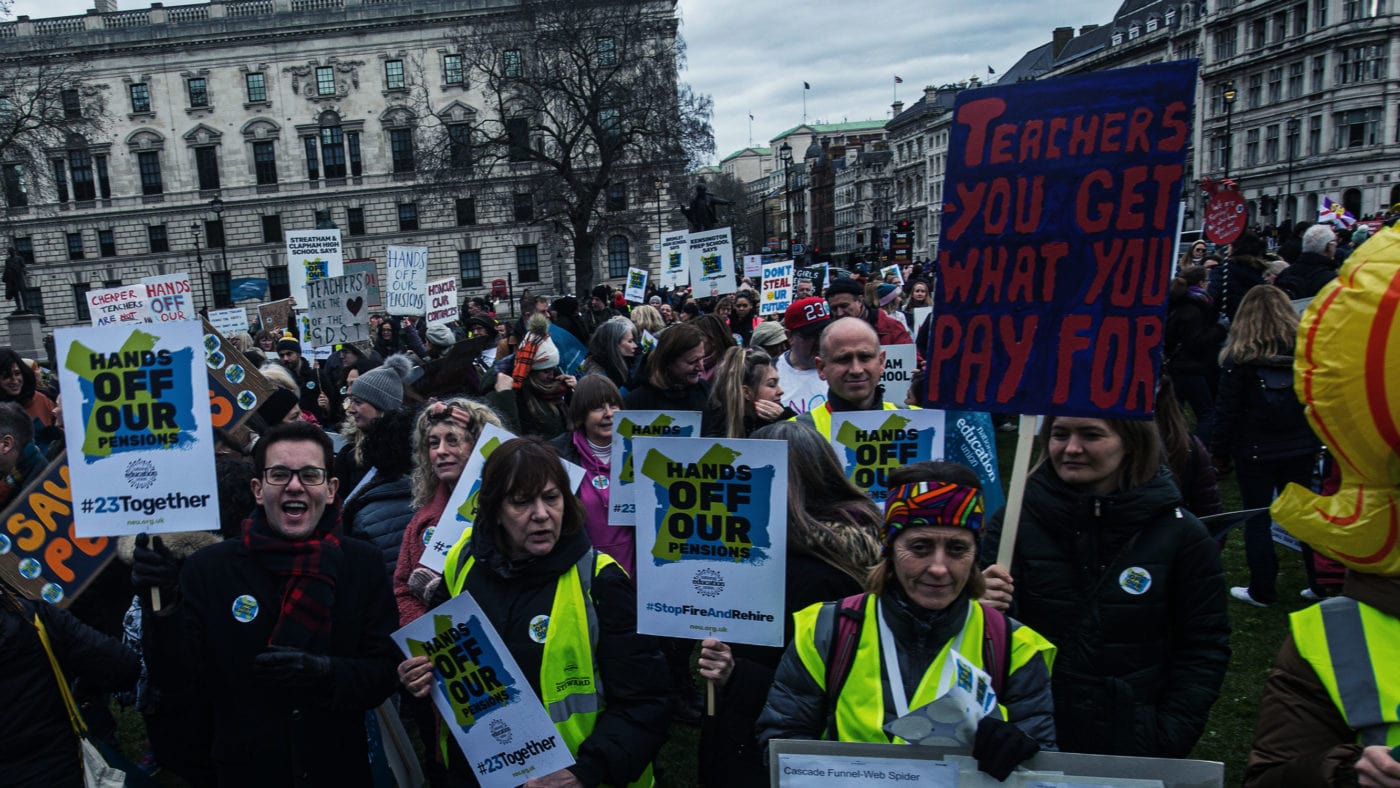This week the Government accepted the recommendations of independent pay review bodies for NHS staff, teachers and police. Nurses, paramedics and midwives will receive up to 9.3% while dentists and doctors will get a 4.5% rise. Teachers are set for between 5% and 8.9%, while police officers will get an average pay increase of £1,900.
These pay raises are the largest in 20 years and are broadly in line with private sector pay increases, which are running at about 4.3% for regular pay (excluding bonuses).
But in another sense the offers are disappointing. Pay, in both the public and private sectors, is not keeping pace with inflation, meaning a real terms decline for most workers, with inflation at over 8%, and projected to reach 11.7% later this week. We may not be precisely reliving the 1970s and the ‘winter of discontent’, but we are relearning the lesson that excessive money printing will lower quality of life and fuel industrial disputes.
The public sector unions have dismissed the Government’s pay offer as a ‘kick in the teeth,’ and, with new-found militancy, are threatening widespread strikes. But their demands are both unrealistic and unreasonable. Large pay rises would contribute substantially to national debt and could force NHS providers, schools and police forces to cut services, and potentially even staff numbers, to fulfil pay demands. Even if it were broadly affordable at the moment, setting a precedent with such large pay rises would be hugely unwise.
Doctors, for example, are suggesting they may take industrial action if they don’t get a 30% pay rise. These proposed strikes, after signs of a left wing takeover of the BMA, would risk endangering patient care and make it more difficult to address Covid backlogs.
They are also built on a false premise – that doctors have not experienced a pay rise in over a decade. Even with public sector pay freezes, most doctors do not stand still in their careers. Doctors, along with other public sector workers, continue progressing up the pay scales more or less automatically based on years of service. This means a doctor who began practising in 2008 is very unlikely to have seen their pay decline in real terms. They are not still junior doctors (who start at around £29,000), but are more likely to be on their way to becoming consultants (who earn £120,000 per year on average) and GPs (around £100,000 per year).
That does not mean, however, that the current system is particularly fair or logical. Why is it up to a central pay body what you and your colleagues get to earn, largely irrespective of your individual merit? As research from the Centre for Policy Studies has previously concluded, the one-size-fits-all approach to salaries doesn’t offer NHS administrators the flexibility to incentivise best practice, boost productivity, or improve patient outcomes. The same principle could be applied to teachers and police officers, who are also rarely rewarded on merit.
The unions love automatic pay scales because it places them at the centre of the collective bargaining process and protects the weakest workers, aka, their members. A Conservative government should have no particular affinity with this collectivist system. They should instead seek to reform the way people are paid, to ensure individual effort is rewarded and good practice is encouraged.
This could help improve lacklustre public services, from the passport office and DVLA to Covid healthcare backlogs. A radical reimagining of the pay system could deliver significant benefits not only for the public, and ultimately for those public sector workers who feel badly treated by the existing system.
Click here to subscribe to our daily briefing – the best pieces from CapX and across the web.
CapX depends on the generosity of its readers. If you value what we do, please consider making a donation.


